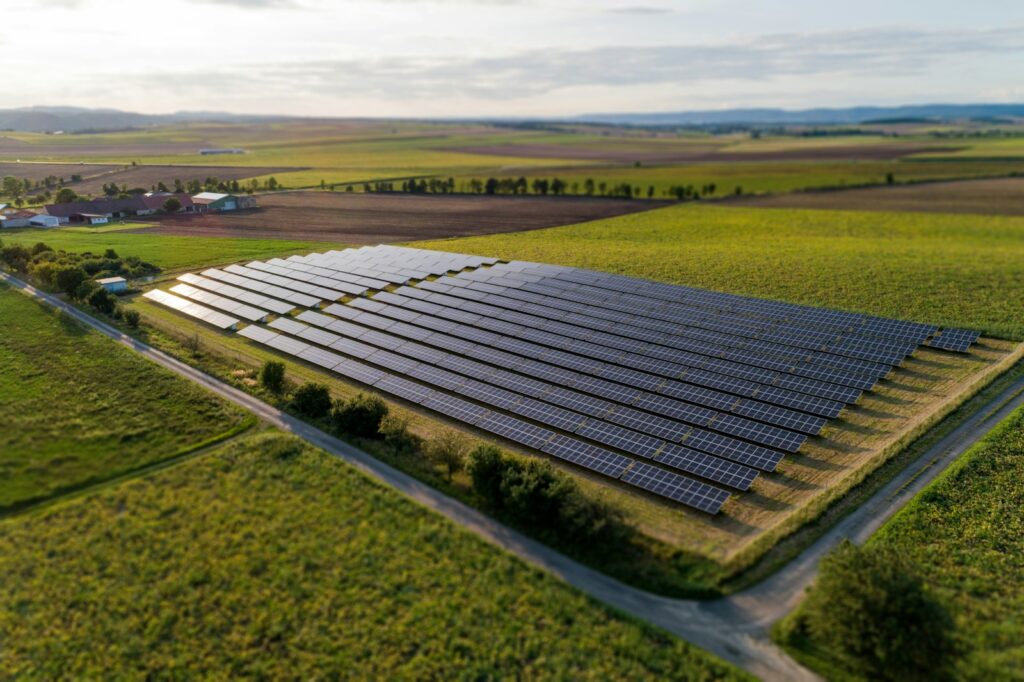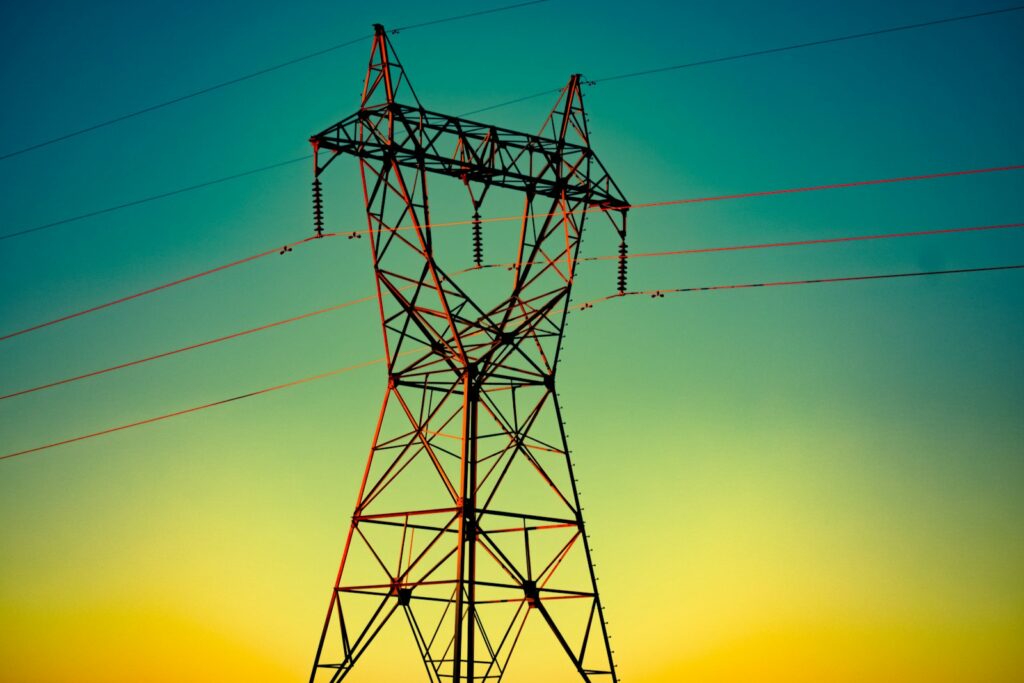The UK government has commissioned research into space-based solar power systems.
The idea for space-based solar power has been around for decades, however, research into it is still in the early days.
The systems would use very large solar power satellites to collect solar energy, convert it into high-frequency radio waves, and safely beam it back to ground-based receivers connected to the electrical grid.
The study, led by Frazer-Nash Consultancy, will consider the engineering and economics of such a system. They will consider whether it could deliver affordable energy for consumers and the engineering and technology that would be required to build it.
One of the biggest issues to overcome is assembling the massive satellites in orbit, which has not been done before at this scale.
Historically, the cost of rocket launches and the weight that would be required for a project of this scale made the idea of space-based solar power unfeasible. However, the recent emergence of privately-led space ventures has brought the cost of the launch down dramatically in the last decade.
Dr Graham Turnock, Chief Executive of the UK Space Agency, said: ‘The Sun never sets in space, so a space solar power system could supply renewable energy to anywhere on the planet, day or night, rain or shine. It is an idea that has existed for decades but has always felt decades away.
‘The UK is growing its status as a global player in space and we have bold plans to launch small satellites in the coming years. Space solar could be another string to our bow, and this study will help establish whether it is right for the UK.’
Martin Soltau, Space Business Manager at Frazer-Nash added: ‘Decarbonising our economy is vital. We need to explore new technologies to provide clean, affordable, secure and dependable energy for the nation.
‘We will compare space-based solar power alongside other forms of renewable energy, to see how it would contribute as part of a future mix of clean energy technologies.
‘We have also partnered with Oxford Economics, who have significant experience in the space sector and who will provide additional insight to the economic assessment of the system and the benefit to the UK economy.’
Photo Credit – Pixabay
















